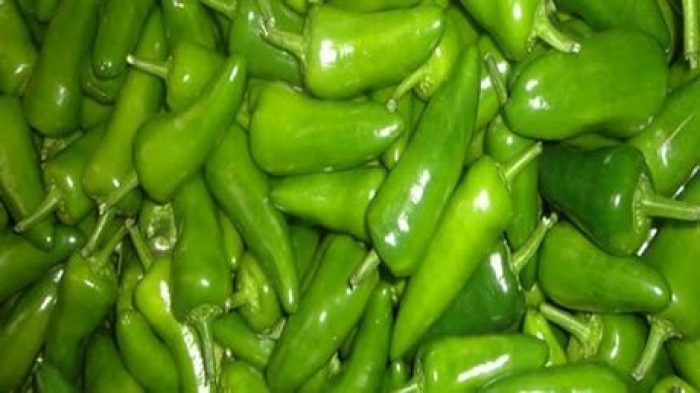Kenya’s pepper exporters have suffered a huge losses following the escalation of False Codling Moth pest attack. Consequently, the European Union market has imposed tough regulations on the produce of chili and other crop crops affected by the notorious pest.
The False Codling Moth, which is known to attack pepper and citrus fruits, became a notifiable pest in the EU and UK markets as of early 2018. This has led to imposition of strict export regulations for all chili and capsicum exports from Kenya. As a result the fresh farm produce must first be certified to have been produced in the pest-free zone before they are allowed to into EU market shelves.
Last year, 17 out of 29 interceptions made by the EU market involved capsicum due to the moth. This is according to Horticultural Crops Development Authority (HCDA), the industry regulator. HCDA reports further show that between April 2016 and May 2017, Kenya’s exports suffered a total of 46 such interceptions.
Erick Ogumo, a food safety expert and the chairman of Society of Crop Agribusiness Advisers of Kenya (SOCAA), notes that the situation now calls for government intervention in terms of research and development of farmers’ capacity to tackle the rising pest.
According to Mr. Ogumo, FCM is not a new pest in the Sub-Sahara Africa or Kenya. It was common in countries like South Africa where it was notorious for attacking citrus fruits. The South African government however came up with a number of interventions to mitigate the pest that included investment on proper research and technologies. In Kenya, however, farmers have been left on their own. This is because the government, through Kenya Plant health inspectorate Service, mainly focuses on policing.
He further added that lack of knowledge and technology has them at a disadvantage as they are unable to police. Unfortunately, should this progress, The SOCCA chair fears that Kenya could lose the lucrative EU market. This, he said, could be attributed to lack of capacity amongst local farmers to comply with strict requirements.
Besides pepper, the pest is also known to attack avocados, beans, coffee, cotton, grapes, macadamias, maize, tomatoes and flowers.









